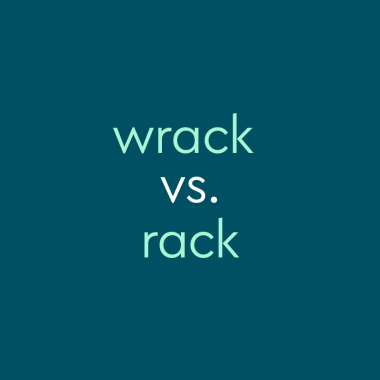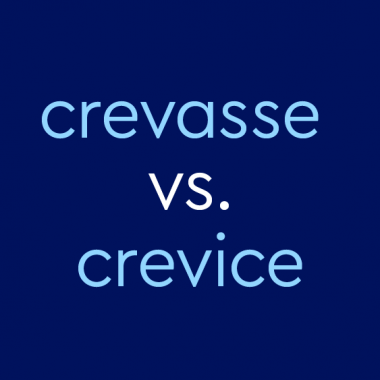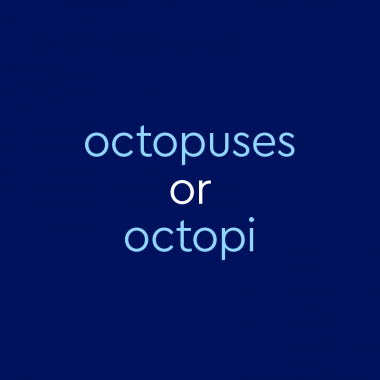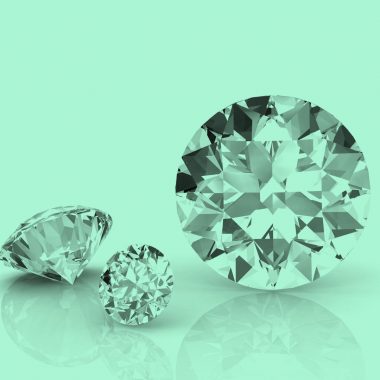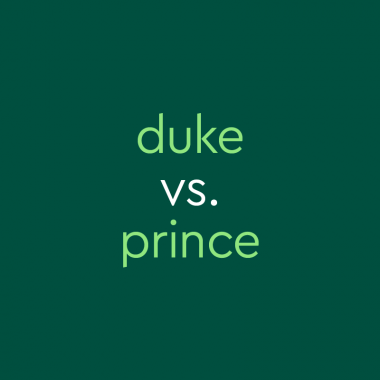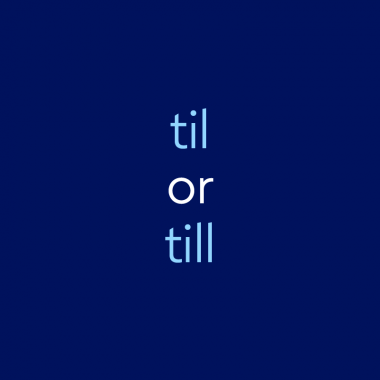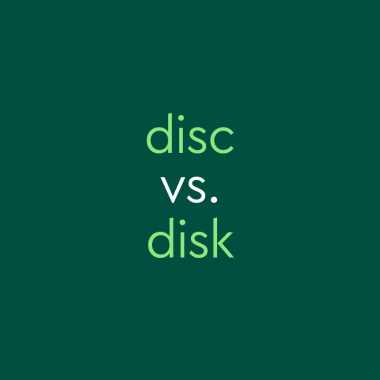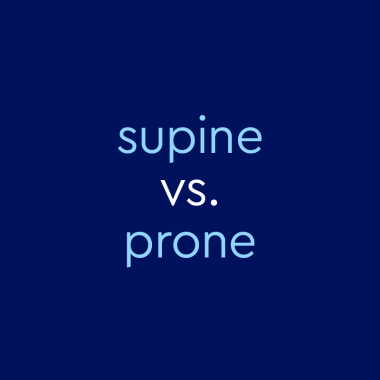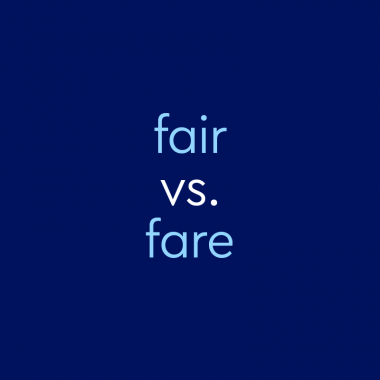“Few” vs. “Couple” vs. “Several”: How Much Do They Really Mean?
Every day, without thinking about it, we all refer to quantities without specifying a number. Most commonly, we do this by using terms like a few, a couple, and several. A lot of people have strong opinions about what each of these terms means—and what it doesn’t. In this article, we’ll discuss the differences, the overlap, and dig into these questions and a few (or …

